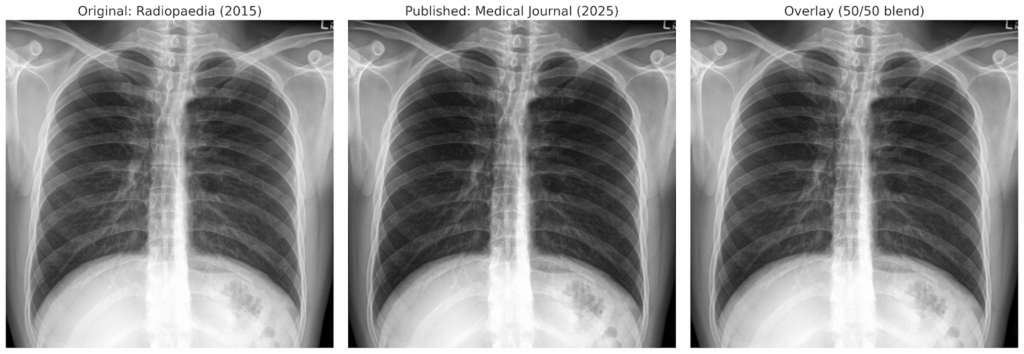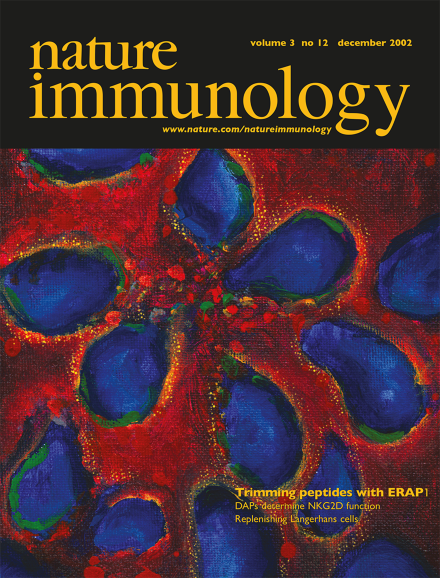
A journal has retracted a study on ‘Tin Man Syndrome’ plagiarized from a decade-old April Fools’ joke — which the author now admits was fake.
On August 15, we wrote about a “rare case report” published in Medicine in which authors claimed they had encountered a case of “ectopia cordis interna” and described an asymptomatic man with his heart located in his abdomen. Sleuths believed the case report plagiarized images from a 2015 satirical paper describing a condition of the same name.
A week later on August 22, Medicine, published by Wolters Kluwer, retracted the paper and five others — all published this year — with shared authors. None of the papers have been cited, according to Clarivate’s Web of Science.
The retracted papers are:
Continue reading ‘Tin Man Syndrome,’ five other case studies retracted following Retraction Watch coverage






